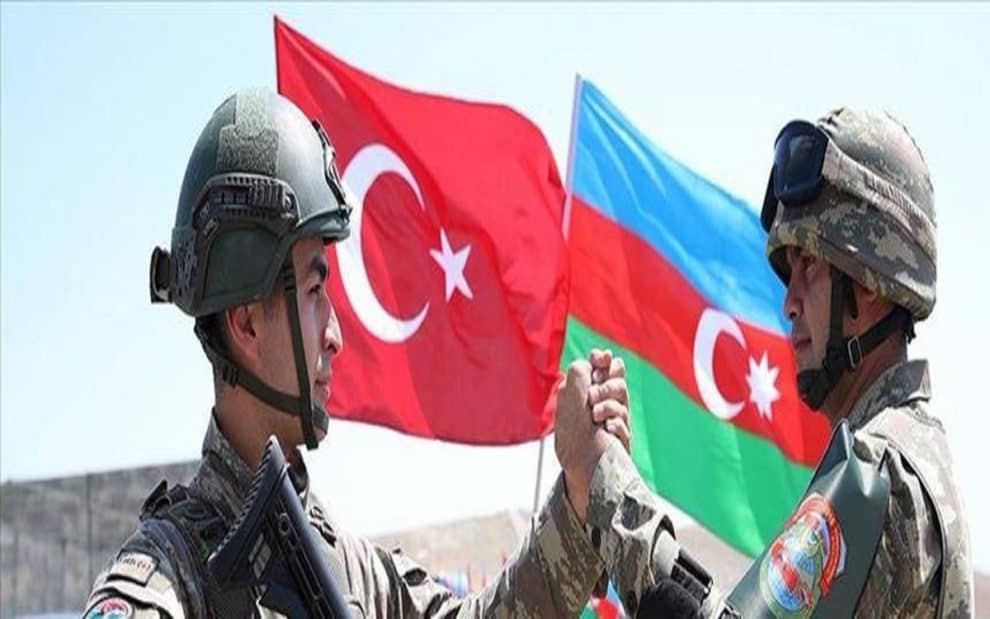Azerbaijan’s defence ministry said on Monday it had begun joint drills with its ally Turkey near the border with Armenia, weeks after Baku recaptured Nagorno-Karabakh from Armenian separatists.
Azerbaijan last month took control of the long-disputed region in a 24-hour offensive that ended decades of Armenian separatist rule.
The ministry said “up to 3,000” troops would take part in the tactical drills held in the capital Baku, the Nakhichevan exclave between Iran and Armenia, as well as territories retaken from Armenian separatists.
The exercises — dubbed “Mustafa Kemal Ataturk 2023” — involve dozens of artillery weapons and aviation.
Baku said they were aimed at “ensuring combat interoperability” between the allies.
Azerbaijan’s Armenian-populated enclave of Karabakh was at the centre of two wars between the Caucasus arch-foe neighbours — in 2020 and in the 1990s.
On September 19, Azerbaijan launched a lightning offensive against Armenian separatist forces.
After less than a day of fighting, separatist authorities agreed to lay down arms and reintegrate with Azerbaijan.
Almost all of Nagorno-Karabakh’s ethnic Armenian population — some 100,000 people — fled for Armenia after the offensive, sparking a refugee crisis.
The drills are likely to be closely watched by Western countries, which have criticised Azerbaijan’s offensive.
France said it will be on the lookout if the exercises will pose a threat to Yerevan.
“France will be extremely vigilant against any attempt to threaten the sovereignty and territorial integrity of Armenia,” the French foreign ministry said in a statement to AFP.
Monday’s drills came as Azerbaijan, Armenia, Turkey, Iran and Russia were set to send their foreign ministers to hold talks in Tehran in a diplomatic format initiated by Moscow in 2020 — after Baku and Yerevan went to war over Karabakh.
The talks are seen as Moscow’s attempt to reduce growing Western influence in a region it has long considered as its backyard.
According to Moscow’s plan, they were meant to also include Georgia. But Tbilisi, which aspires to join the EU and NATO, has rejected the proposal.
The European Union and United States have in recent years taken a lead role in mediating a peace agreement between Armenia and Azerbaijan.
Russia, which has traditionally mediated the conflict, has seen its role diminished since the beginning of its invasion of Ukraine.
Tensions are running high between Armenia and Azerbaijan, a month after Baku’s lightning offensive.
Yerevan fears that energy-rich Baku may seek to press its advantage — with the help of Ankara — to forcibly connect its Nakhichevan exclave with Azerbaijan proper by capturing lands in southern Armenia, along the Iranian border.
Iran opposes the project of the so-called Zangezur corridor which would create a direct land link between Azerbaijan and Tehran’s historical rival Turkey.
Armenia said it is ready to reopen transport communications between mainland Azerbaijan and Nakhichevan via its territory under the condition that its sovereignty over the area is not questioned.
Baku has denied having any territorial claims to Armenia.
